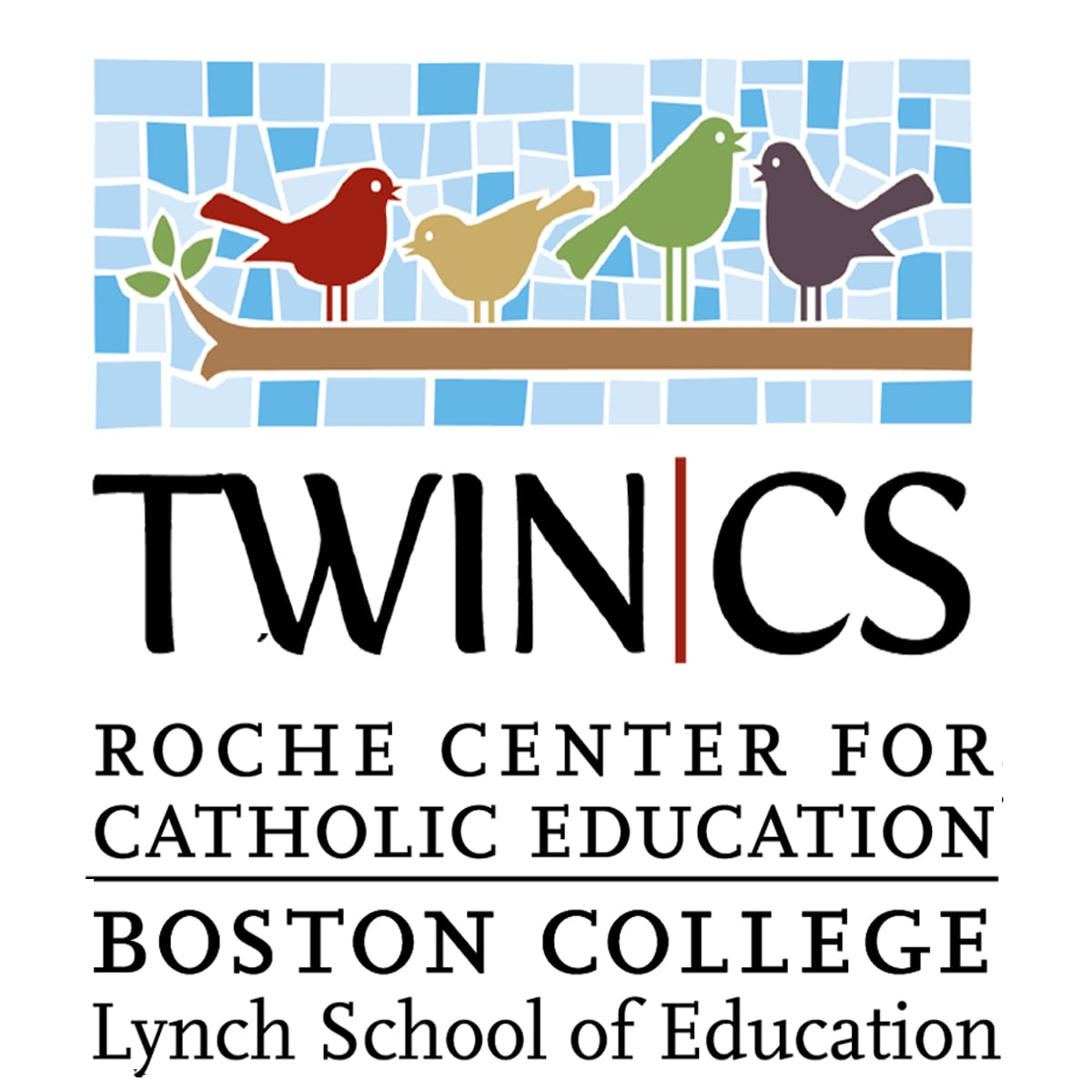As we reflect on recent news, we must remind ourselves that multilingualism, the very concept ingrained in two-way immersion education, echoes the immeasurable diversity of the United States.
PBS Newshour correspondent Yamiche Alcindor argues that, “the idea that we think Americans can only speak English, as if Spanish and other languages wasn’t always part of America, is, in some ways, troubling.” She further suggests that assimilation, a term that suggests minority cultures should cede to the dominant culture, is harmful terminology: “We also need to adjust what we think of as America… I grew up in Miami, where people speak Spanish, but their kids speak English,” such diversity is emblematic of the United States, not a deficiency.
Hugo Balta, president of the National Association of Hispanic Journalists, reasons that “Hispanics are no less American for embracing their country of origin or that of their ancestors …being bicultural and bilingual is a strength in an increasingly multi-ethnic, multilingual society.” Balta goes on to say that assimilation is merely code for “denying one culture for another.”
The recent commentary that promotes assimilative culture is counterintuitive to current multilingual, multicultural educational research and endorses “a legacy of anti-Latino sentiments,” according to an open letter written by an alliance of Latino advocacy groups.
The Pew Research Center, a nonpartisan think tank, has often written about the United States’ failure to meet the multilingual standards which are well established in the rest of the world:
“Learning a foreign language is a nearly ubiquitous experience for students throughout Europe, driven in part by the fact that most European countries have national-level mandates for formally studying languages in school. No such national standard exists in the U.S., where requirements are mostly set at the school district or state level.”
In fact, even in European countries with “the lowest overall shares of students learning a foreign language, most students learn at least one foreign language before completing secondary school [emphasis added].”
To ignore the largely acknowledged benefits of multilingual and multicultural education is not only unreasonable, but is dangerous to the development of multicultural adults in an increasing globalized society. We in the TWIN-CS community must remind ourselves that multilingualism and DL instruction provides our students with an economic edge over monolingual individuals, but also makes prepares them for a complex, multicultural world.
And so, as we reflect on current news, we should remind ourselves of the importance of what we do as dual language educators, as multicultural educators, and as the guiding hands of culturally-tolerant future generations.
Sources: https://www.cnn.com/2019/01/27/media/tom-brokaw-nbc-meet-the-press/index.html
Photo by Chayene Rafaela on UnSplash

